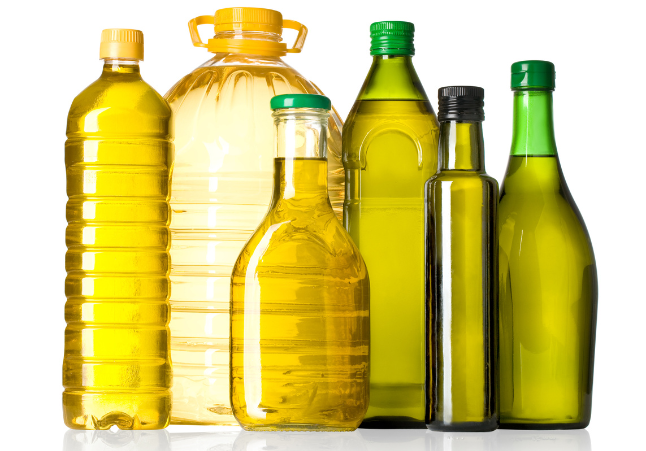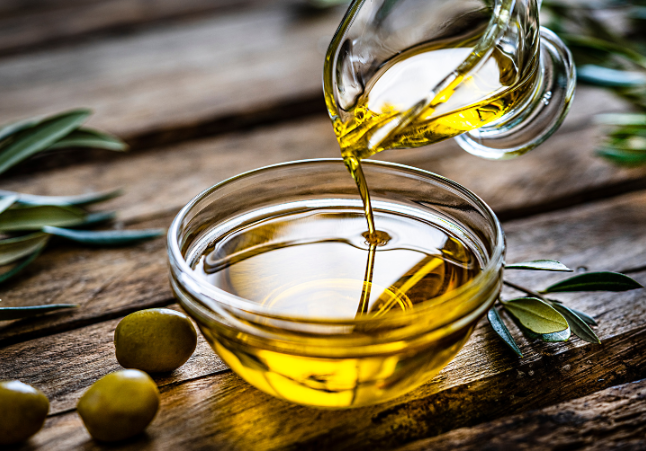Olive oil fraud can take place in many ways. High-quality extra virgin may be mixed with adulterants to make it go further, or a blend may be concocted to transform low-grade or cheap oil into something that might pass as the good stuff.
The European Union saw a record number of potential olive oil fraud cases at the start of the year as prices peaked, shows data released to the Guardian under Freedom of Information laws. According to a Bloomberg report, the true scale of olive oil-related crime is also likely to be much higher as the data only capture cases reported to the EU Directorate General for Health and Food Safety and omits domestic cases.
Olive oil fraud can take place in many ways. High-quality extra virgin may be mixed with adulterants to make it go further, or a blend may be concocted to transform low-grade or cheap oil into something that might pass as the good stuff. In July, Italian police seized 42 metric tonne of fake extra virgin olive oil worth almost $1 million, alongside 623 liters of chlorophyll, which was being added to oil of a lesser quality, and 71 tonne of something referred to only as an “oily substance.” In January, seed oil mixed with beta-carotene and chlorophyll was being passed off as extra virgin olive oil in 50 Rome restaurants.
There have even been examples of so-called grove robbers stealing olives or even cutting down trees to get hold of the prized fruit, with Spanish police preventing the theft of 465 kilogram (1,025 pounds) of olives just this month. Officers also found fake cargo documents that would have allowed the stolen produce to be sold using false claims about origin and traceability.
Periods of extreme scarcity of olives, when prices spike rapidly, are linked with increased incidences of fraud as criminals gain an opportunity to meet the shortfall in supply and exploit high market values. In its 2024 strategic assessment, the UK Food Standards Agency’s National Food Crime Unit cites the frequency of extreme weather as a key factor influencing food crime in the short and medium term.

Though the possibility of fraud in the UK is low — an FSA surveillance survey published in February that sampled frequently consumed products and a number of other commodities found food authenticity rates within tested foods were 97 per cent — the risks are evolving and climate change, alongside geopolitical tensions and shifting border arrangements, is a key part of that.
The threat won’t be limited to olive oil, either. Orange juice is already one of the most targeted commodities for adulteration, and prices are currently at record high as a severe drought in Brazil has collided with the spread of citrus greening – a disease transmitted by an invasive insect that degrades the fruit and slowly kills the tree it infects.
The more processed a food is, the easier it is to add adulterants or deliberately mislabel. As extreme weather poses risks to coffee, chocolate and tea cultivation, it’s not hard to imagine bad actors increasingly exploiting climate-related inflation and supply shocks.







